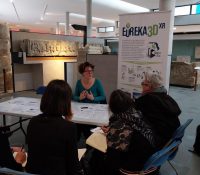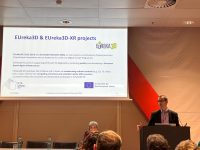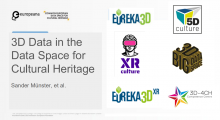Crozier New York City and London locations will host industry’s first widely accessible Ultra-High-Resolution Color Laser Scanners
Arius Technology Inc., a world-leading art technology company, has partnered with Crozier, a global leader in fine arts logistics and an Iron Mountain (NYSE:IRM) business, to provide clients with ultra-high-resolution imaging previously unavailable to the commercial art world. The core of the technology, known as the Art Digital Master File (ADMF™) platform, will transform analytics, documentation, and visualization of art, bringing art collectors into the digital age of art preservation and stewardship.
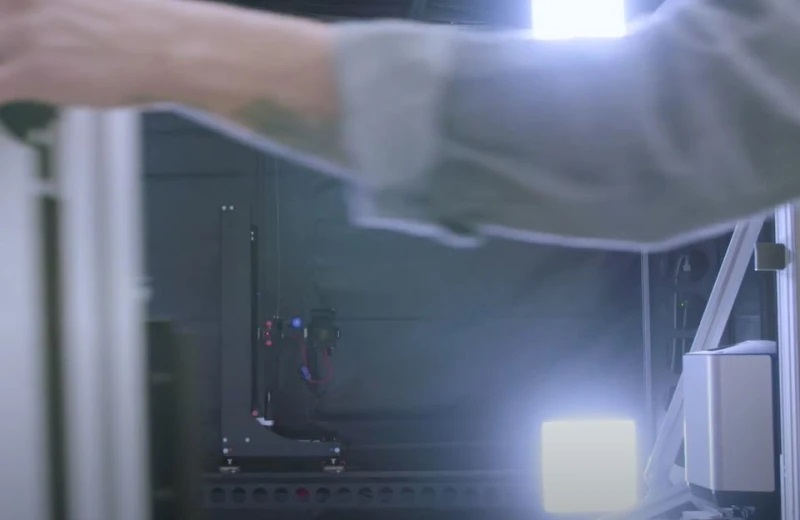
Originally developed for the forensic analysis of the Mona Lisa at the Louvre, the technology has been further developed by Arius, working with leading museums including Tate and The National Gallery of Canada to advance the value and capability of the system. This conservation-quality imaging technology offers a level of detail previously unavailable to the commercial art market. The Arius 3D ultra-high-resolution color laser data capture system simultaneously measures the geometry and color of a painting’s surface, recording millions of data points. This enables collectors to both protect and engage with their artwork at brushstroke level, picking up intricate detail as fine as one tenth of a human hair.
The ADMF™ data, stored digitally in much the same way as a master music recording, has many uses. It can be embedded in online viewing rooms to provide brushstroke level visualization; developed into comprehensive condition reports and restoration plans; and printed as highly accurate textured replications that represent every movement and carefully considered color choice of the artist.
As online art sales continue to rise steadily, and online viewing rooms are now a feature of the art world, Arius’ visualization suite will offer an immersive experience where visitors can calibrate and adjust lighting, viewing angle, perspective and shadow effects.
The ADMF™ data also holds the promise to become the cornerstone of multi-factor authentication, linked to traditional provenance documentation. As a unique digital fingerprint of a work, it has tremendous potential for fraud prevention and detection. It also provides the richest data set for digital archiving.
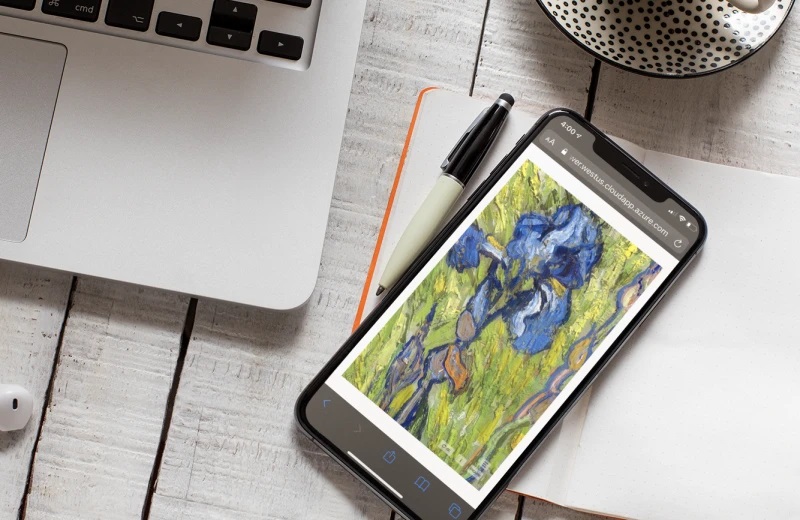
Arius CEO Paul Lindahl says: “We are excited to work with Crozier to offer gold standard digitization, visualization and conservation of art. This launch of phase one of the ADMF™ platform focuses on the visual enjoyment of art, both digitally and with high-fidelity textured replications. We are continuing to build out the platform to enable digital archiving and condition analytics that will allow for proactive restoration before degradation is visible to the human eye.”
Collectors, as custodians of culturally significant works, will appreciate the role the ADMF™ data can play in digitally preserving paintings, ensuring they maintain their rightful place in history and enabling the best possible conservation for the future. Collectors who have gone through the hard work of establishing provenance, will understand that linking the ADMF™ data to traditional documentation will bring confidence and simplicity to future transactions. Also, collectors that wish to store or donate important works can continue to enjoy an emotional connection through a high-fidelity replication, knowing the replication comes directly from the original.
Simon Hornby, Crozier’s SVP of Western Europe, says: “Over the past few years, Crozier has focused its digital strategy on partnering with the world-leading platforms in order to provide clients with solutions. The decision to embark on a partnership with Arius came after many months of research and an in-depth review of its viability and capability. We are thrilled to partner with Arius and to be able to offer our clients the most advanced ultra-high-resolution digitization technology.”
Tom Hale, SVP of North America for Crozier says: “We know by listening to our clients that they need ways to both engage with and protect their artwork that leverage a wide array of technologies. We are uniquely positioned to offer them a solution that combines conservation and new art world technology and are excited about what is to come in 2021 and the future.”
Arius technology is currently installed at Crozier facilities in London and New York, with future installations planned for Switzerland and Los Angeles.
For more information visit https://www.crozierfinearts.com/uhr
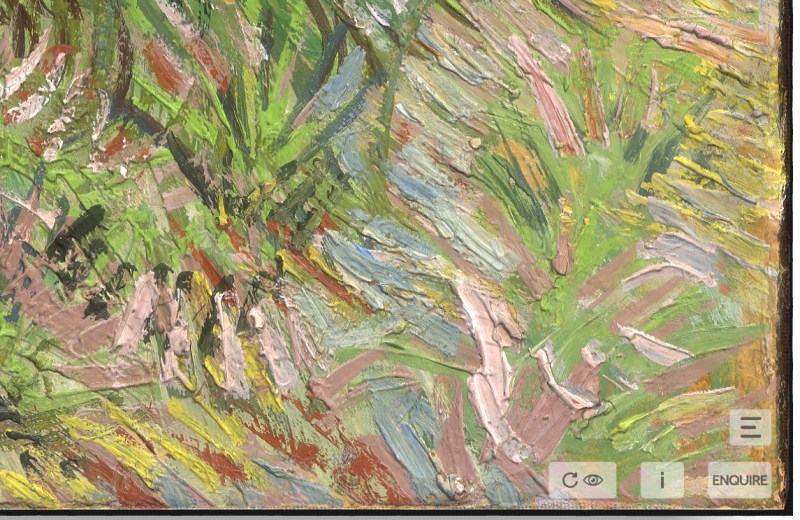
About Arius Technology
Arius is a world leader in ultra-high-resolution 3D color laser data capture, data analysis and data visualization for fine art. Sophisticated data processing assembles millions of data points representing color and surface geometry into the Art Digital Masterfile (ADMF™) platform which can be stored in much the same way as a master tape in the music industry. The ADMF™ data can be used for a wide array of applications, including condition analytics, online viewing and high-fidelity replications. Arius collaborates with museums, galleries, collectors, and artists to digitize art for preservation, visualization, documentation, and authentication.
For more information visit https://www.ariustechnology.com
About Crozier
Crozier is the global leader in fine art storage and logistics. Crozier serves the art world ecosystem through our strategic network that spans North America and Europe. By design and execution, Crozier can meet the needs of any collection, whether private or institutional, offering unparalleled technical expertise in the handling, installation and storing of art. Our mission is to preserve culture and innovate best practices to protect the value and integrity of treasured assets. We ensure art that matters today is here for generations to come.
About Iron Mountain
Iron Mountain Incorporated (NYSE: IRM), founded in 1951, is the global leader for storage and information management services. Trusted by more than 225,000 organizations around the world, and with a real estate network of nearly 93 million square feet across approximately 1,450 facilities in 56 countries, Iron Mountain stores and protects billions of valued assets, including critical business information, highly sensitive data, and cultural and historical artifacts. Providing solutions that include secure records storage, information management, digital transformation, secure shredding, as well as data centers, cloud services and art storage and logistics, Iron Mountain helps customers lower cost and risk, comply with regulations, recover from disaster, and enable a more digital way of working. Visit www.ironmountain.com for more information.
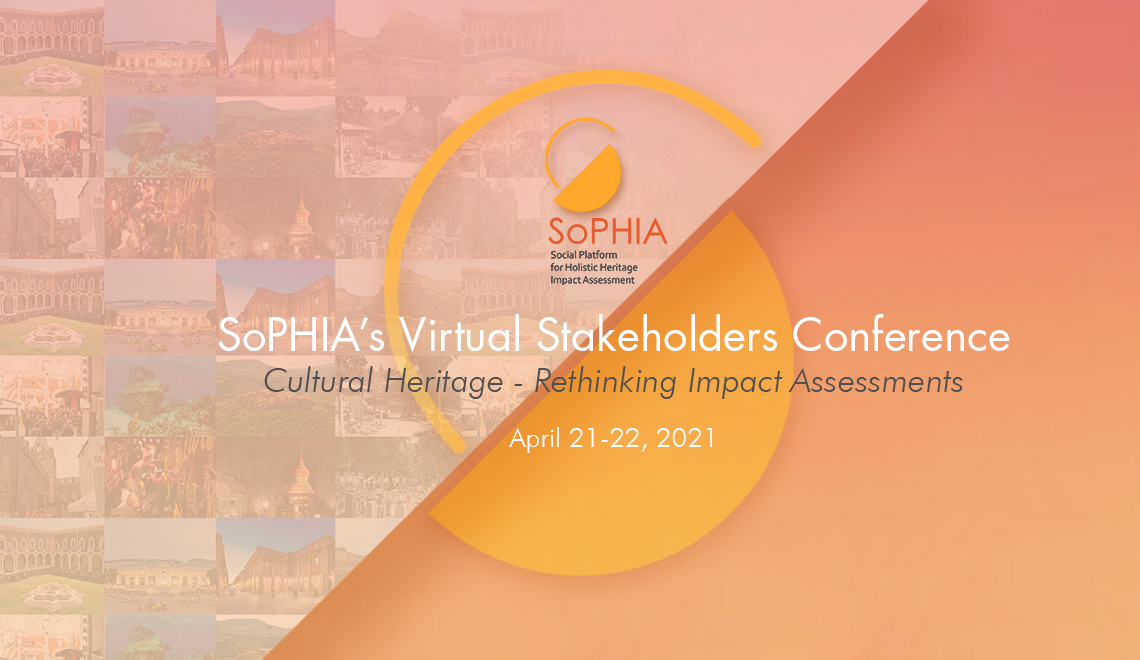 SoPHIA –Social Platform for Holistic Heritage Impact Assessment –, an EU research and innovation Horizon 2020 funded project, reviewed the literature, policy programmes and practices and mapped existing gaps, issues and problems. After consultations during the first Workshop with members of the Social Platform, a draft model was designed. The draft model has been tested in twelve case studies across Europe.
SoPHIA –Social Platform for Holistic Heritage Impact Assessment –, an EU research and innovation Horizon 2020 funded project, reviewed the literature, policy programmes and practices and mapped existing gaps, issues and problems. After consultations during the first Workshop with members of the Social Platform, a draft model was designed. The draft model has been tested in twelve case studies across Europe.


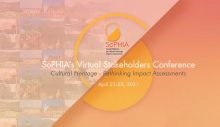
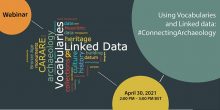
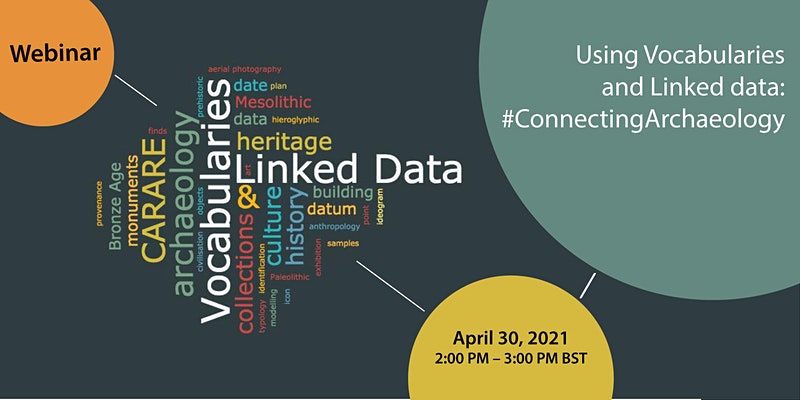
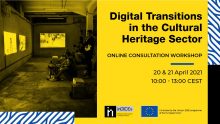
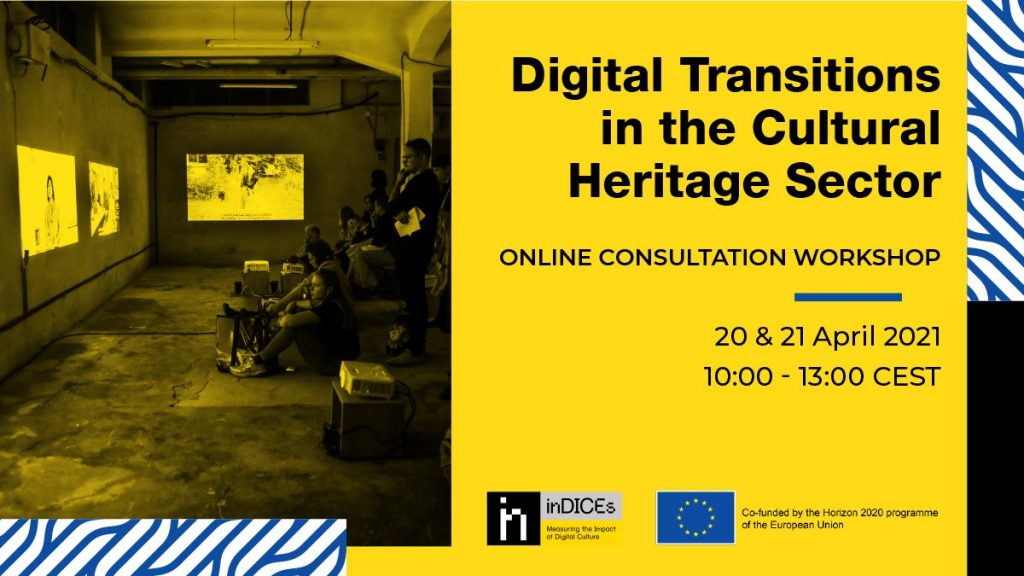
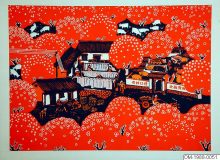
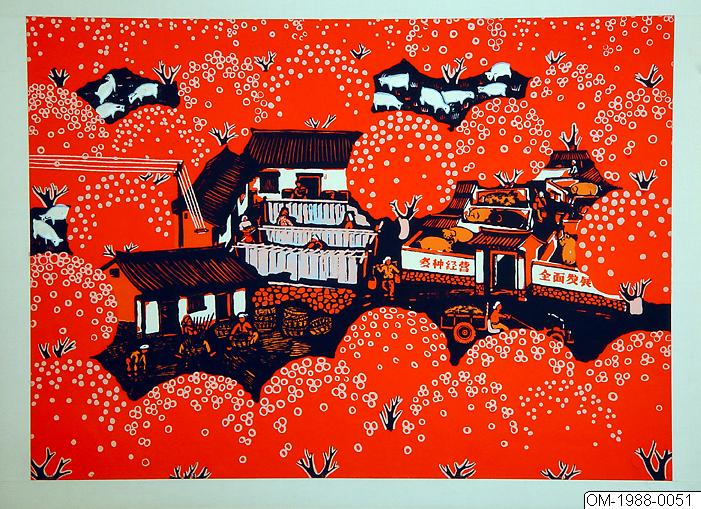
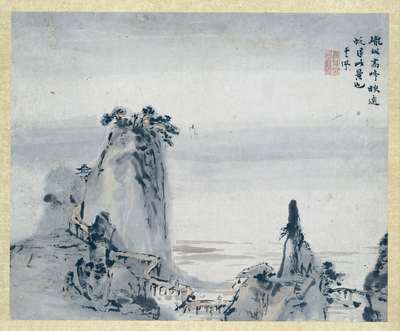

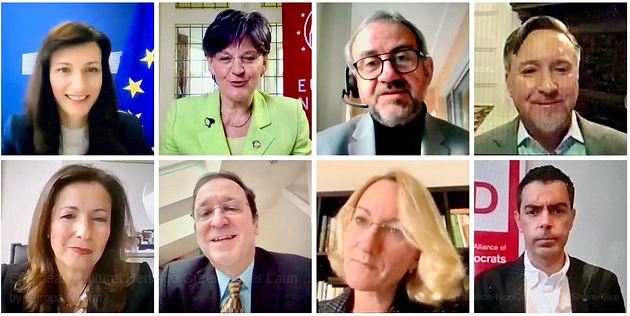 The on line event took place last 22th March as a cooperation between Europa Nostra and other heritage, climate and financial organizations. More than 500 people joined the meeting and shared reflections about the great challenges targeted by the Green Deal and the fundamental role played by cultural heritage for the success of its mission.
The on line event took place last 22th March as a cooperation between Europa Nostra and other heritage, climate and financial organizations. More than 500 people joined the meeting and shared reflections about the great challenges targeted by the Green Deal and the fundamental role played by cultural heritage for the success of its mission.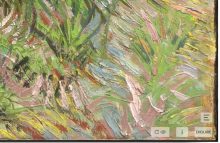




 On 10th March 2021, Professor Arturo Rodríguez Morató and Dr. Matías Zarlenga, from the University of Barcelona, UNCHARTED project’s partner leader, presented the Project at the 11th midterm conference of the Research Network on the Sociology of the Arts of the European Sociological Association, THE SOCIAL EFFECTS OF ART (
On 10th March 2021, Professor Arturo Rodríguez Morató and Dr. Matías Zarlenga, from the University of Barcelona, UNCHARTED project’s partner leader, presented the Project at the 11th midterm conference of the Research Network on the Sociology of the Arts of the European Sociological Association, THE SOCIAL EFFECTS OF ART (
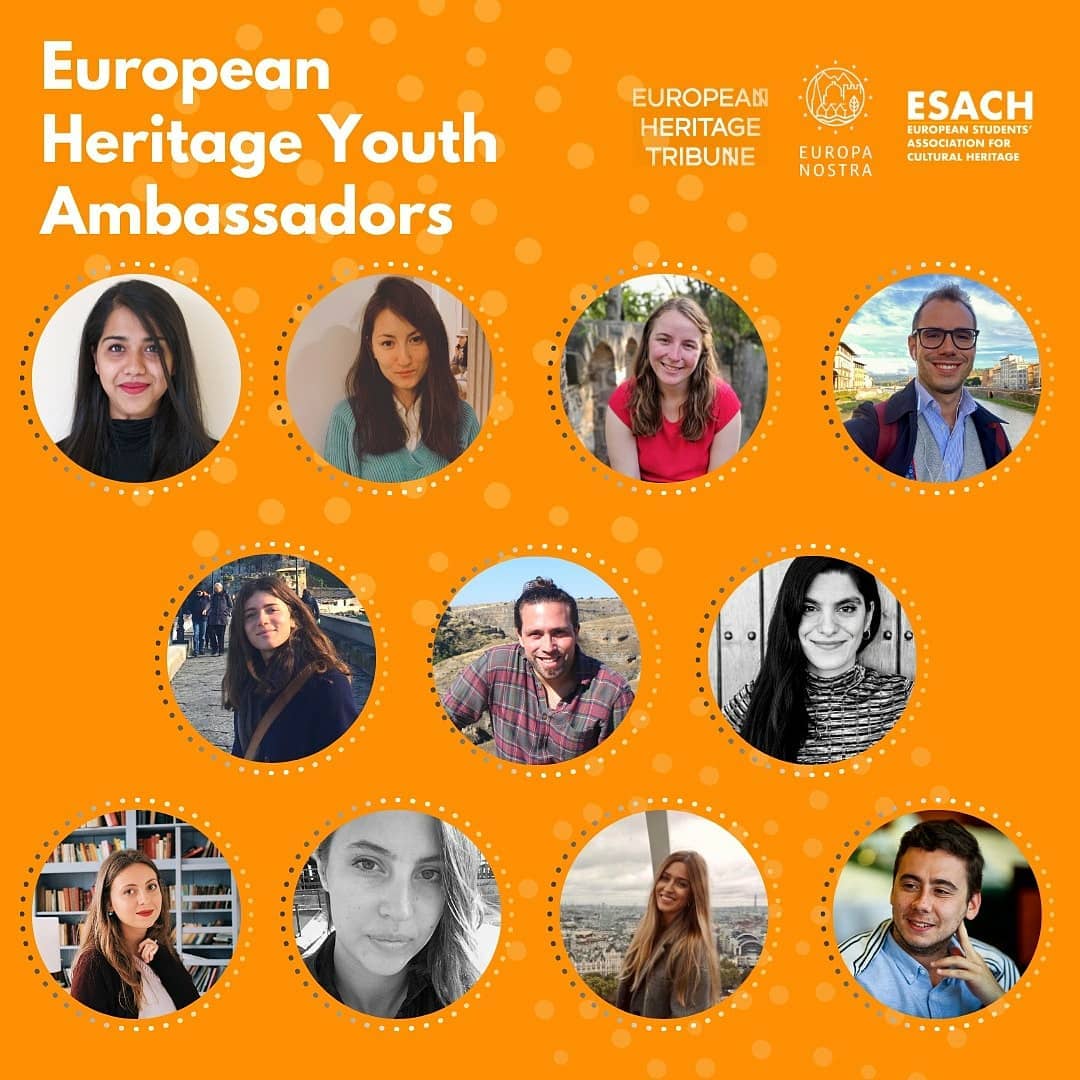 The European Heritage Youth Ambassadors programme empowers heritage students and young professionals to share their stories. The programme is a joint initiative by the
The European Heritage Youth Ambassadors programme empowers heritage students and young professionals to share their stories. The programme is a joint initiative by the 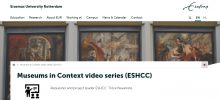
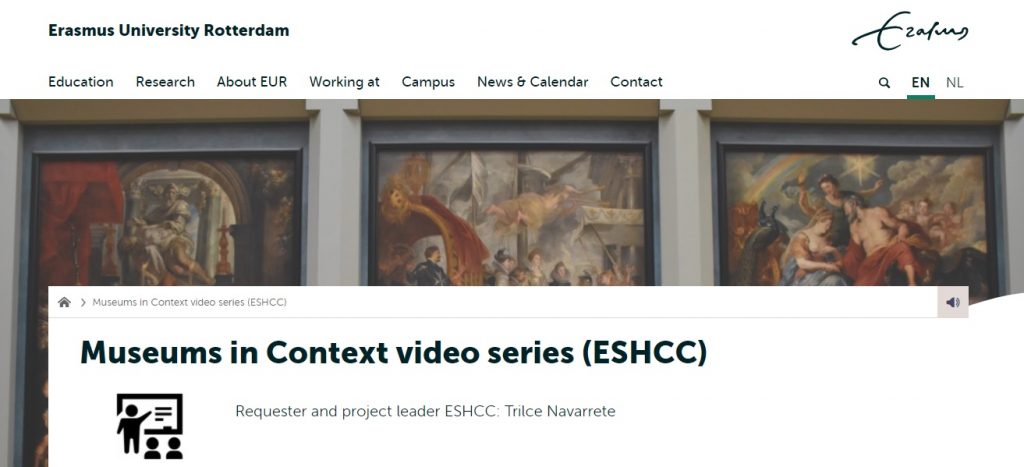

 Learning on Screen is a UK charity and membership organisation specialised in the use of moving image and sound in education and research.
Learning on Screen is a UK charity and membership organisation specialised in the use of moving image and sound in education and research.






